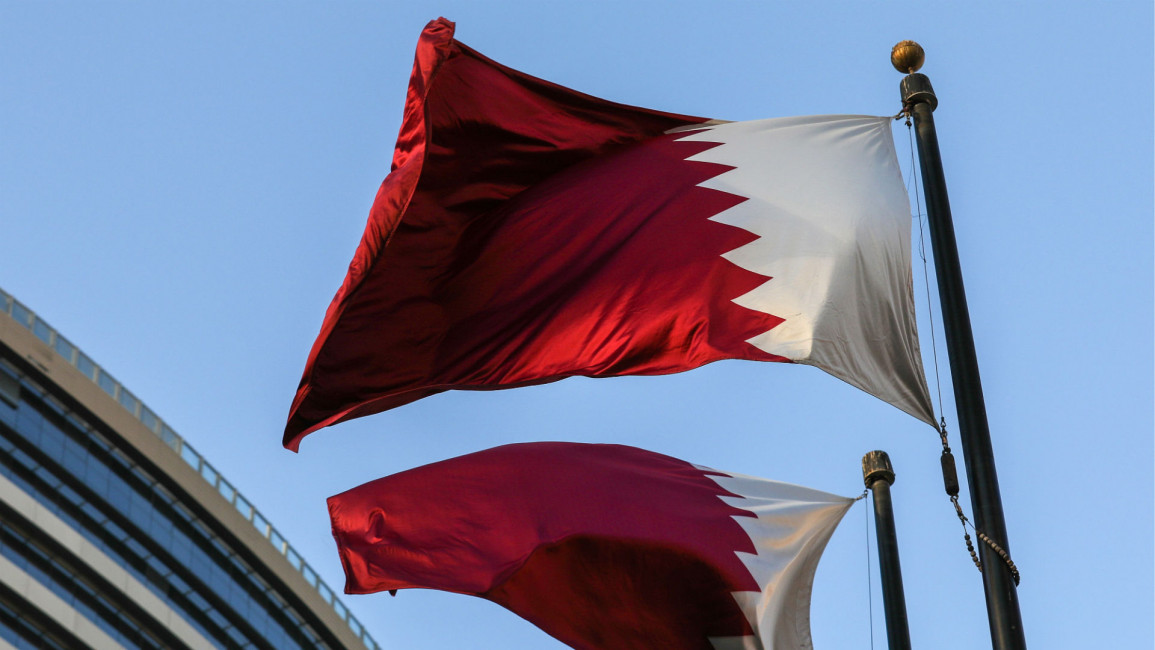Qatar campaigning open for nation's first-ever Shura Council election
Campaigning officially opened in Qatar on Wednesday ahead of its first legislative polls next month, as debate swirls about voter and candidate eligibility and online distortion.
The start of the two-week campaign window coincided with the interior ministry's publication of the final list of candidates, with 294 of them contesting the 30 seats in the Gulf state's Shura Council.
Of the nearly 300 contenders, 29 are women.
The much-delayed polls will be held on 2 October, with only descendants of Qataris who were citizens in 1930 eligible to vote and stand, disqualifying members of families naturalised since then.
Some members of the sizable Al-Murra tribe could be excluded, experts say, stirring fierce debate on social media.
Candidates will have to stand in constituencies linked to where their family or tribe was based in the 1930s, using data compiled by the then British-controlled authorities.
The council, to be made up of 30 elected members and 15 appointed by the emir, can propose legislation, sack ministers and approve the annual budget, but its decisions are subject to veto by the gas-rich country's ruler.
There was no sign of campaigning underway in Doha on Wednesday with no election posters or material visible in the city centre and limited media coverage of the start of campaigning.
Qatar and the UAE will remain in Afghanistan, working on necessary airport repairs, until Kabul's airport is fully operational for international flights, according to a Taliban official.https://t.co/XJzTvnn1or
— The New Arab (@The_NewArab) September 15, 2021
Under the law, political parties are banned as is "stirring up tribal or sectarian strife among citizens in any way".
The election law has sparked a torrent of fake news on social media with the Arabic hashtag #BoycottQatarElections trending on Twitter, despite this initially being posted by only one account, which indicates manipulation.
Officials fear the polls could be exploited by Qatar's neighbours Saudi Arabia and the United Arab Emirates, which they say have objected to Doha breaking ranks and holding elections.



